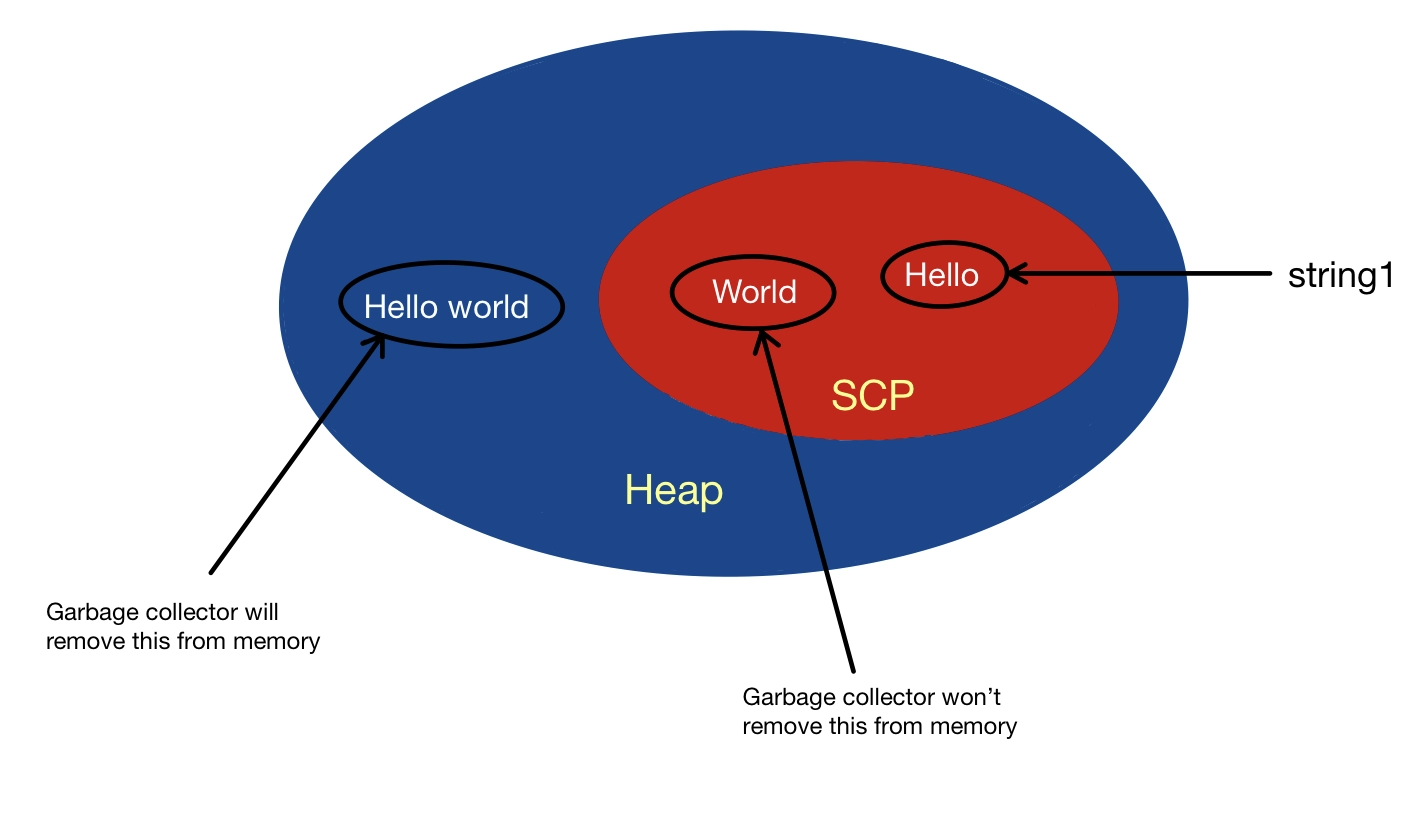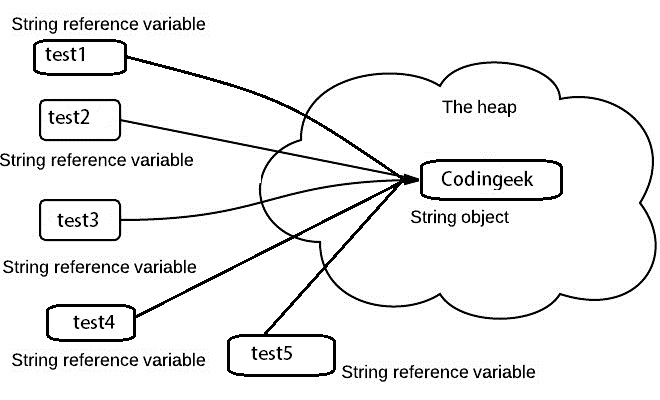Why Are Strings Immutable in Java? Insights right into Memory Performance
Why Are Strings Immutable in Java? Insights right into Memory Performance
Blog Article
What Is Immutable Strings and Exactly How It Works
In the realm of programming, comprehending the concept of immutable strings is critical for creating durable and protected applications. Unalterable strings refer to strings that can not be altered after they are produced, guaranteeing information integrity and predictability within the code.
The Fundamentals of Immutable Strings
Unalterable strings, as an essential idea in shows, are personality sequences that can not be transformed when they are created. This implies that as soon as a string is appointed a worth, that value can not be altered. In languages like Python and Java, strings are immutable things, resulting in numerous effects in terms of memory monitoring and data stability.
Among the essential benefits of unalterable strings is that they supply a feeling of safety in information manipulation. Given that the web content of an immutable string can not be modified, it ensures that the original data continues to be intact, reducing the risk of unintentional changes throughout program execution (Why are strings immutable in Java?). This residential or commercial property additionally simplifies debugging procedures, as developers can rely on that once a string is defined, its worth will certainly not be inadvertently modified
When a new string is produced based on an existing one, rather than customizing the original string, the new value is saved individually. On the whole, comprehending the basics of immutable strings is essential for understanding shows principles and enhancing code efficiency.
Advantages of Immutable Strings
Building upon the safety and efficiency benefits of unalterable strings, their advantages reach improving code dependability and streamlining concurrent shows tasks. By being unalterable, strings can not be customized after production, which eliminates the danger of unintended changes in the data they store. This fundamental immutability makes sure that once a string is created, its worth remains constant throughout the program's implementation, decreasing the chances of insects triggered by unexpected alterations.
In addition, unalterable strings contribute to code reliability by making it less complicated to reason regarding the state of a program. Given that strings can not be altered, developers can rely on that a string will constantly hold the exact same value, streamlining debugging and maintenance efforts. This predictability leads to extra dependable and steady codebases.

Implementation in Shows Languages
Within various programs languages, the consolidation of unalterable strings is an essential aspect that affects how information is managed and adjusted within code structures. The execution of immutable strings varies across various programs languages, with each language providing its very own systems to support this principle.

In comparison, languages like C and Learn More Here C++ do not have integrated assistance for immutable strings. Developers in these languages have to by hand apply immutability by implementing regulations within their code to avoid straight alterations to string objects.
Finest Practices for Dealing With Unalterable Strings
When dealing with immutable strings in programs languages like Java and Python, adhering to finest practices ensures protected and efficient information adjustment. One of the essential ideal techniques is to make use of StringBuilder or StringBuffer as opposed to directly controling strings, particularly when dealing with extensive concatenation procedures. These courses provide mutable options for string control, aiding to avoid unneeded memory allotments and improving efficiency.
Additionally, when functioning with delicate information such as passwords or API tricks, it is critical to avoid storing them as ordinary text in immutable strings. Utilizing secure storage space devices like char arrays or specialized libraries for handling delicate info helps alleviate protection risks linked with unalterable strings.
Real-world Applications and Examples
Exploring functional applications of unalterable strings in different markets reveals their significant impact on information integrity and system dependability. In the health care industry, immutable strings play a vital role in making certain the protection and privacy of individual information. By avoiding unapproved alterations to sensitive details such as medical records and prescriptions, unalterable strings help maintain compliance with rigorous personal privacy laws like HIPAA.
Banks also gain from the immutable nature of strings to improve the safety and security of consumer data view it now and purchase records. Unalterable strings help avoid fraudulence and unauthorized modifications to financial details, offering a robust protection versus cyber risks and making certain the trust fund and confidence of clients.

Verdict
Ideal practices for working with immutable strings consist of staying clear of straight adjustments and using methods that return new string things. Real-world applications of immutable strings consist of data encryption, caching, and string adjustment jobs.
Immutable strings refer to strings that can not be altered after they are produced, making sure information stability and predictability within the code. When a new string is developed based on an existing one, instead than customizing the initial string, the brand-new worth is saved individually.In languages like Java and Python, strings are immutable by default, implying that as soon as a string things is developed, its worth can not be changed - Why are strings immutable in Java?. Finest techniques for working with immutable strings consist of staying clear of direct alterations and utilizing approaches that return brand-new string things. Real-world applications of unalterable strings consist of information security, caching, and string manipulation tasks
Report this page